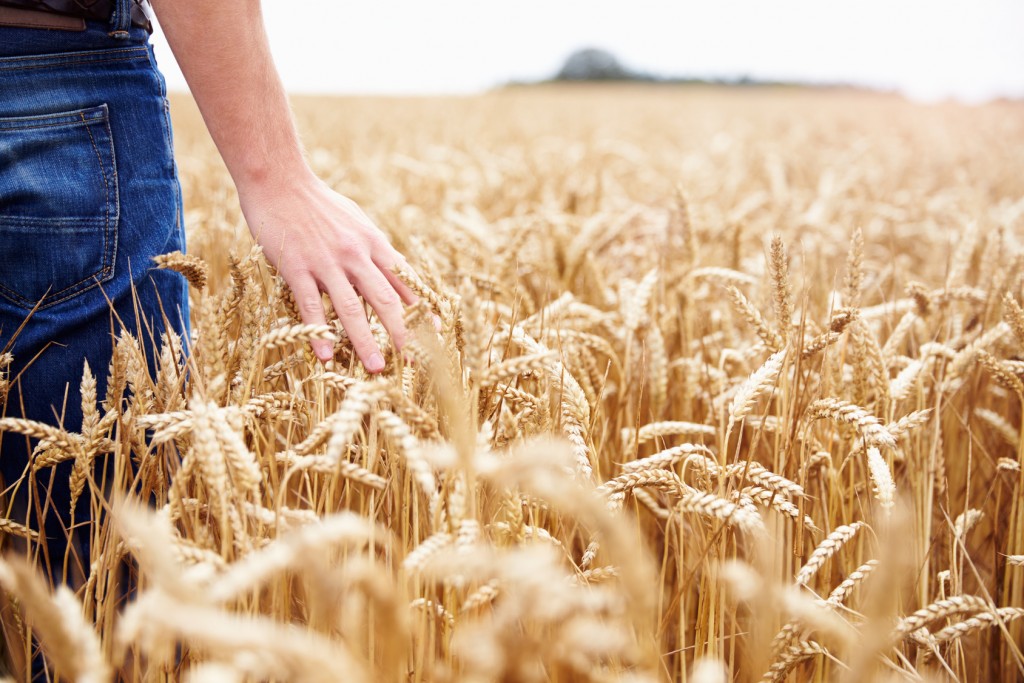The modern world has a serious problem with sugar.
The average American consumes more than 129 pounds of the stuff each year, according to the USDA, more than double what we ate two generations ago. And, unlike in previous decades when most sweeteners came from cane and beet sugars, today the vast majority are derived from high-fructose corn syrup, which brings with it unique new health risks.
It’s in nearly everything that we eat, not just sweets. Nearly 75% of all packaged foods and beverages in the U.S. contain some form of sweetener, according to a recent study in The Lancet journal of diabetes and endocrinology, making it a more than $100 billion market. Every time we eat a doughnut, drink a diet soda or pour a jar of pasta sauce over our linguine, we’re increasing the sugar in our diet, adding up to almost three times the recommended daily amount on average.
Americans spend about $1.5 trillion a year on food, and yet our diets are carb and sugar heavy in ways that are not good for us. Too many people are overweight, unhealthy, and it’s costing our healthcare system billions.
Why? Carbs are cheap and sugar is addictive. Lab rats prefer it over cocaine. Put sugar in a food product and consumers are more likely to eat a bunch of it and buy more.
We’re addicted.
This is a new challenge for agriculture producers. In the face of rapidly changing consumer demands – including the rise of organics, new interest in traceability, and a renewed interest in overall health benefits – how can they de-commoditize themselves in the market and claim their share?
After all, if everyone in ag goes out and buys the newest genetics from Monsanto, it just increases supply and drives down price. Even for the farmers that grow a differentiated product, like organics, they still sell to the same grain elevator.
What does innovation look like in agriculture?
I suggest a new approach to the age-old question of health. Let’s make healthy food as “addictive” as sugar.
If we are going to invest in food innovation, then we need to address the increased cost of good food and sugar addiction.
This is where innovation comes in. And we’re already seeing it in the marketplace.
In 2016, consumer packaged goods companies reformulated 20% of their food products to reduce ingredients such as sugar and salt, and Nestlé, PepsiCo, and Mars have all announced plans to decrease the sugar content of their food products going forward. Coca-Cola is even offering a $1 million prize to whoever can find a new, zero-calorie sugar substitute for their sodas.
It’s not going to be easy, though. Scientists have been working for decades to solve this problem with little success.
But we can no longer ignore the connection between diet and poor health.
To impact public health at a large scale and reduce the cost of healthcare we need to make good nutrition more addictive than the alternatives. It’s time to get started.






